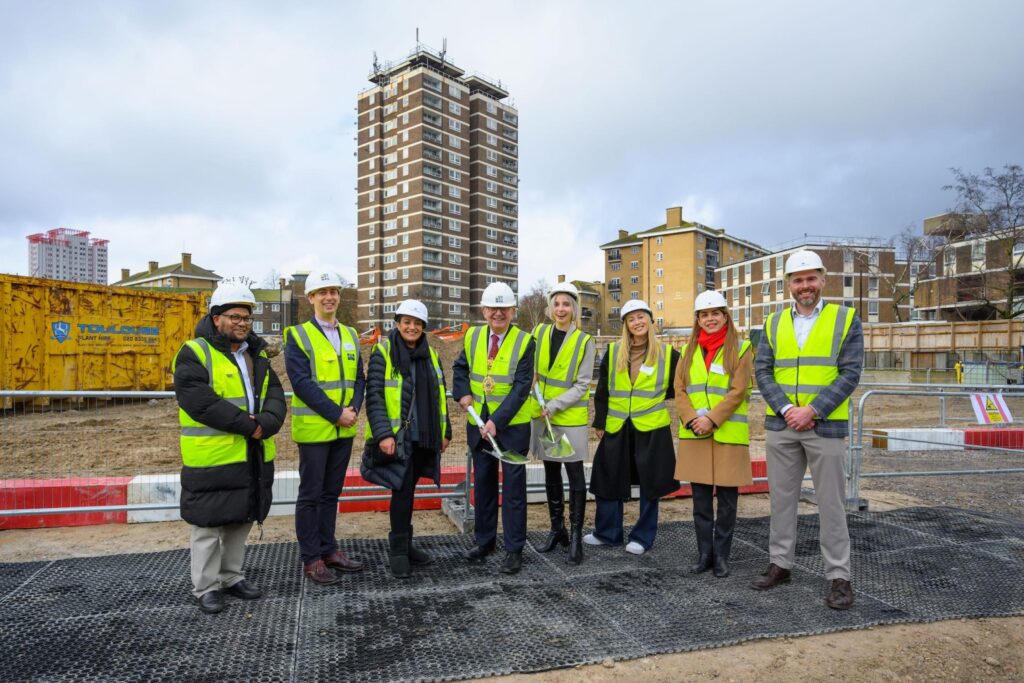On Thursday the Supreme Court in London ruled that planning bodies must account for burning of extracted fuel when considering site proposals.
With support from Friends of the Earth, Sarah Finch, a local resident, brought the case against Surrey County Court who had given the greenlight for a new development on land close to Gatwick Airport. Ms Finch claimed the project was given the go-ahead without conducting a sufficient environmental assessment.
The new development was an oil drilling project at Horse Hill and was originally granted planning permission in 2019.
As well as highlighting environmental damage, Ms Finch also drew upon the council’s previous declaration to the climate emergency – when a local authority acknowledges they need to act on the causes and impacts of climate change – in her case.
Friends of the Earth, who acted as a legal intervener, said the landmark ruling means the landscape around the granting of planning permission for fossil fuel extraction has been changed. As we advance, it will become increasingly difficult for developers to get consent – individuals must now consider indirect effects that could come from emissions with new developments.
It should be noted that the decision from the Supreme Court does not prevent public bodies from approving new schemes with a big climate impact, but it strengthens the case for refusal.
Katie de Kauwe, Friends of the Earth lawyer, said: ‘Gas, oil and coal companies have been fighting tooth and nail to avoid having to account for all the climate-harming emissions their developments cause. Now, the highest court in the country has ruled that planning permission for an oil project was granted unlawfully because there was no consideration of its full climate impact.
‘This judgment will make it harder for new fossil fuel projects to go ahead. They can no longer claim that downstream emissions are someone else’s problem. Now, when fossil fuel companies apply for planning permission, it follows from the Supreme Court’s judgment, that the end-use emissions must be considered by the planning authority.’
Going forward, the future of previously proposed developments such as a new coal mine in Cumbria hang in the balance. More about such affecting the environment can be found at our sister title’s Air Quality News and Environment Journal.
New-builds face being scrapped over river pollution fears, investigation finds
Government commissions review into rail air quality standards

















Leave a Reply